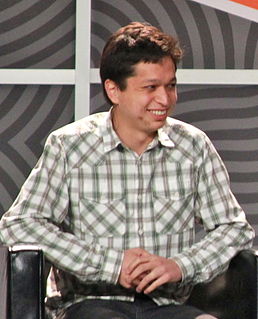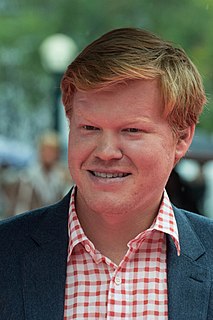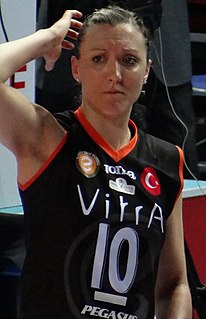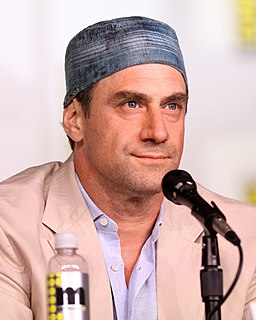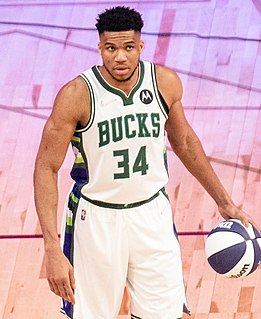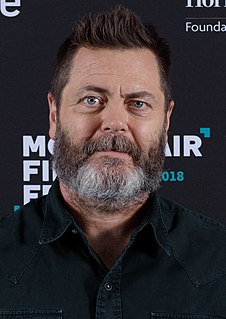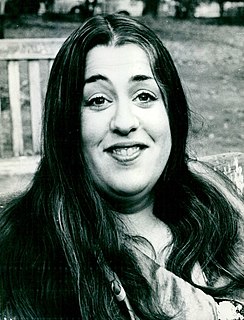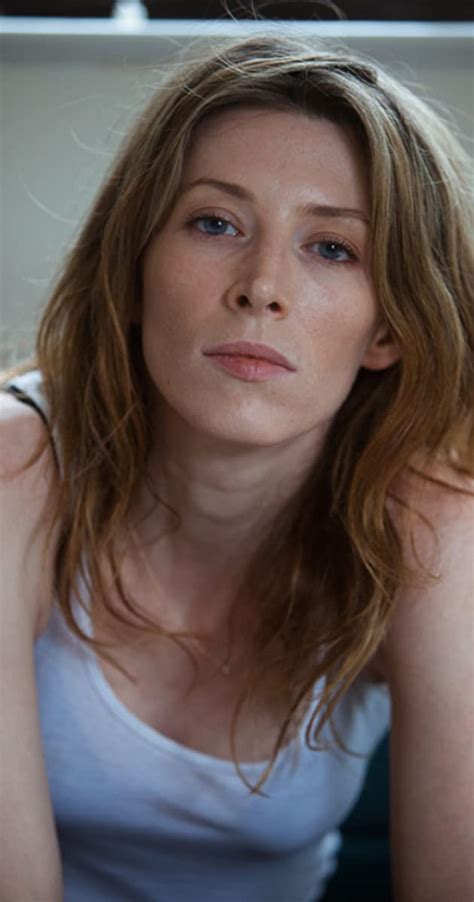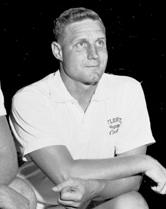A Quote by Ben Silbermann
I think that a lot of the most talented and driven people, they're not super deterred by failure. So if you put out a really big challenge, I think they get reality excited by that - they say, 'Hey, why not, let's go give it a shot, and if we fall short on that, at least we took a shot at doing something really important and meaningful.'
Related Quotes
[Being judge] is about being honest and giving everybody a fair shot and telling them what you think. Sometimes it's good and sometimes it isn't. It's more important to be honest than say things to make people feel better. I don't think you have to be rude, but I think you have to be honest. But I think it's really important to be specific: Here's what you did that was great and why. And here's what you did that wasn't great and why.
Everyone in the Lotus Eaters is so concerned with appearances, but there's an emptiness under the surface that they're trying to ignore. We talked about the theme of perception versus reality a lot with mirrors and masks what people were wearing - and we shot on two formats; we shot it on film and on digital, and a lot of the night-time scenes are film, and it looks better, and people can put on a mask and they can go out there and show an artifice to the world.
I think what I've tried to do is make the world a better place. I think that's what's really important. Nobody remembers who sold the most togas in Rome. In terms of legacy, people remember the great villains more than they remember the great heroes. So I think how you feel about yourself is the most significant question. What do you say about yourself when you put your head on the pillow? Are you really proud of what you're doing and the way you're doing it? I think it's really a fundamental question.
People are going to bash you. You get rejected. It's hard. I don't really feel like that's my place as the teacher. I think the most important thing is to figure out what they're trying to do and turn them onto writers who are doing similar stuff. I think that's something I can do more than anything else: get them to be big readers.
In any big spectacular, it's really difficult to have enough voices to cover all the vocal parts. To give the audience the complete experience they're expecting, there is some reinforcement, some playback that everybody's hearing. Sometimes it's background vocals, but sometimes it will be actually vocal tracks. It's so hard to ensure, with no safety net ... you're not gonna get another shot at it, you have to have stability. I think it's very naïve of a lot of people to think that when you see someone open their mouth, they're really singing.
